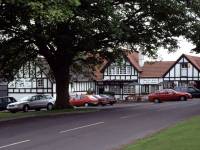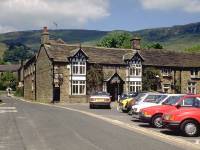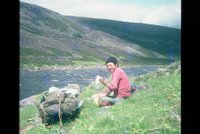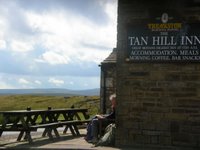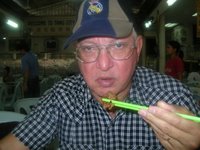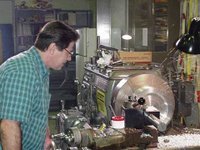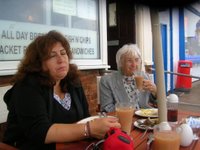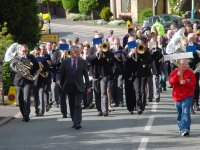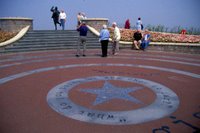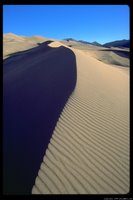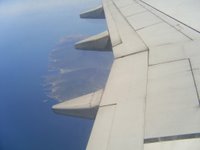Diary of a genetically unmodified traveller: Sudan
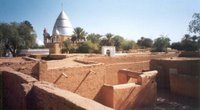
 I left Heathrow Airport on a balmy (for me) evening in mid April - 17C max - and landed nine hours later in a Khartoum that was in the middle of a sandstorm (I forget the word for sandstorm - my great friend and colleague, Dr. Abulrahman Darkazali, an Arabic teacher here at the university, tells me the Arabic word is asifa ramliyyah, but I remember 'haboob' being uttered as the door of the plane opened.)
I left Heathrow Airport on a balmy (for me) evening in mid April - 17C max - and landed nine hours later in a Khartoum that was in the middle of a sandstorm (I forget the word for sandstorm - my great friend and colleague, Dr. Abulrahman Darkazali, an Arabic teacher here at the university, tells me the Arabic word is asifa ramliyyah, but I remember 'haboob' being uttered as the door of the plane opened.)One of my pals thought they had left one of the engines running, and was dismayed to learn it wasn't heat from a Rolls Royce Spey engine, but the heat of the morning, 42C.
If you have only experienced the heat from the French Riviera or the Costa Del Sol, landing in mid April in Khartoum can come as something of a shock, I can tell you.
The sandstorm keeps the temperature down, but the mercury soons shoots up the thermometer once the storm dies down. I planned a walk to Omdurman later that afternoon, to see the Whirling Dervishes. I soon thought the better of doing that and found a hundred yard walk to the nearest drink stand as much as I could manage on the first afternoon of my nine months in Sudan.
Not having a return ticket, I had to get used to that heat, which I did, and found the Sudan a tremendous experience - which is a word people use when they haven't enjoyed absolutely everything. I enjoyed most of my time there though.
